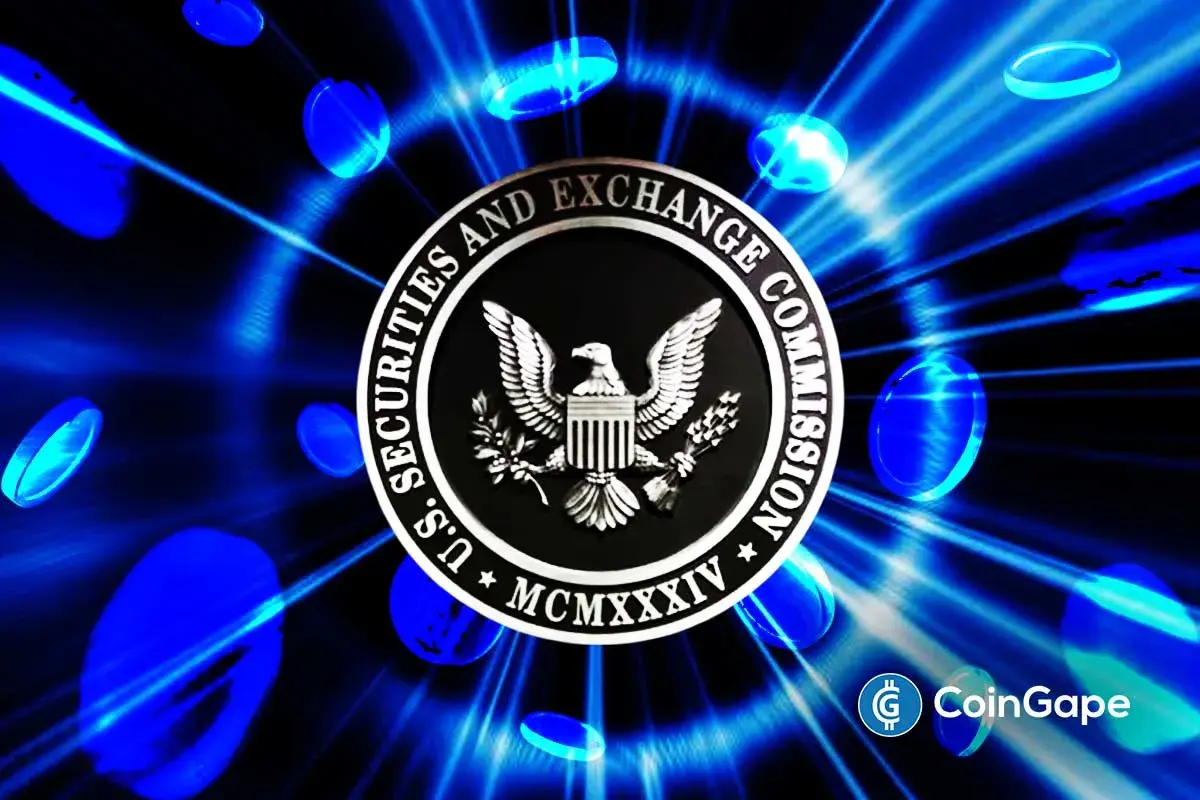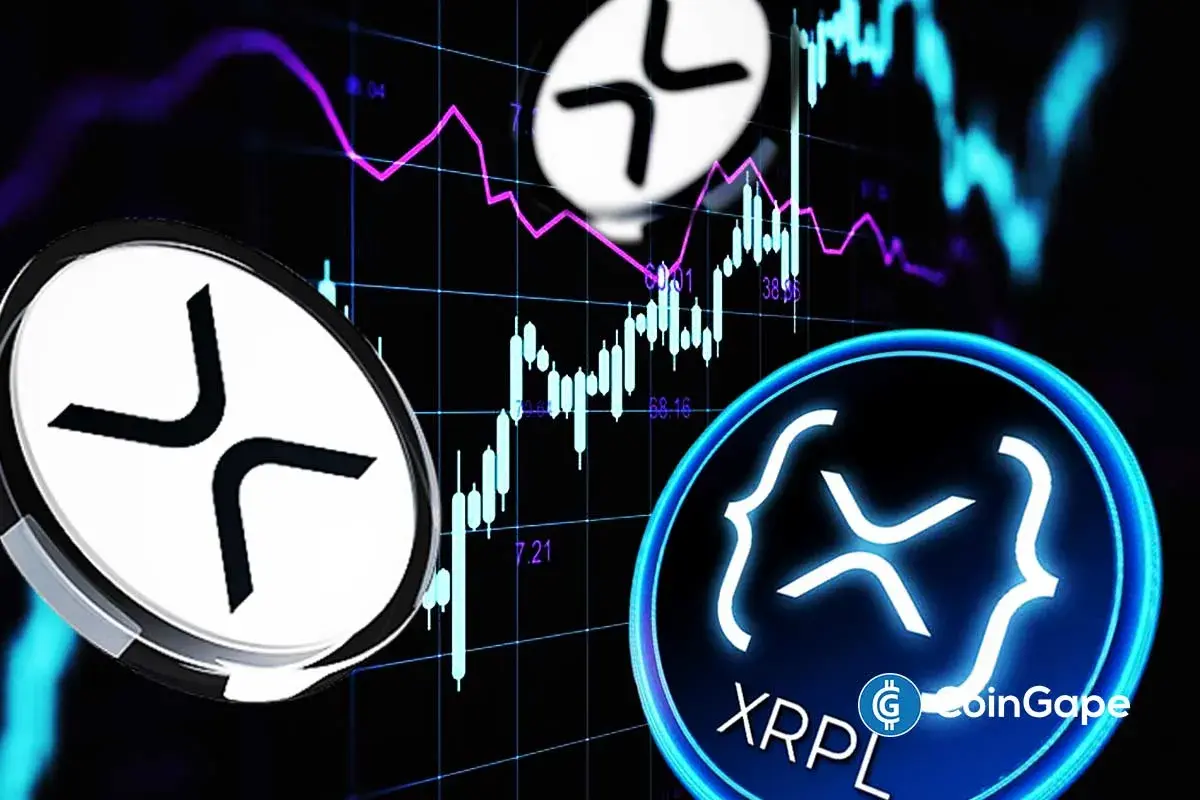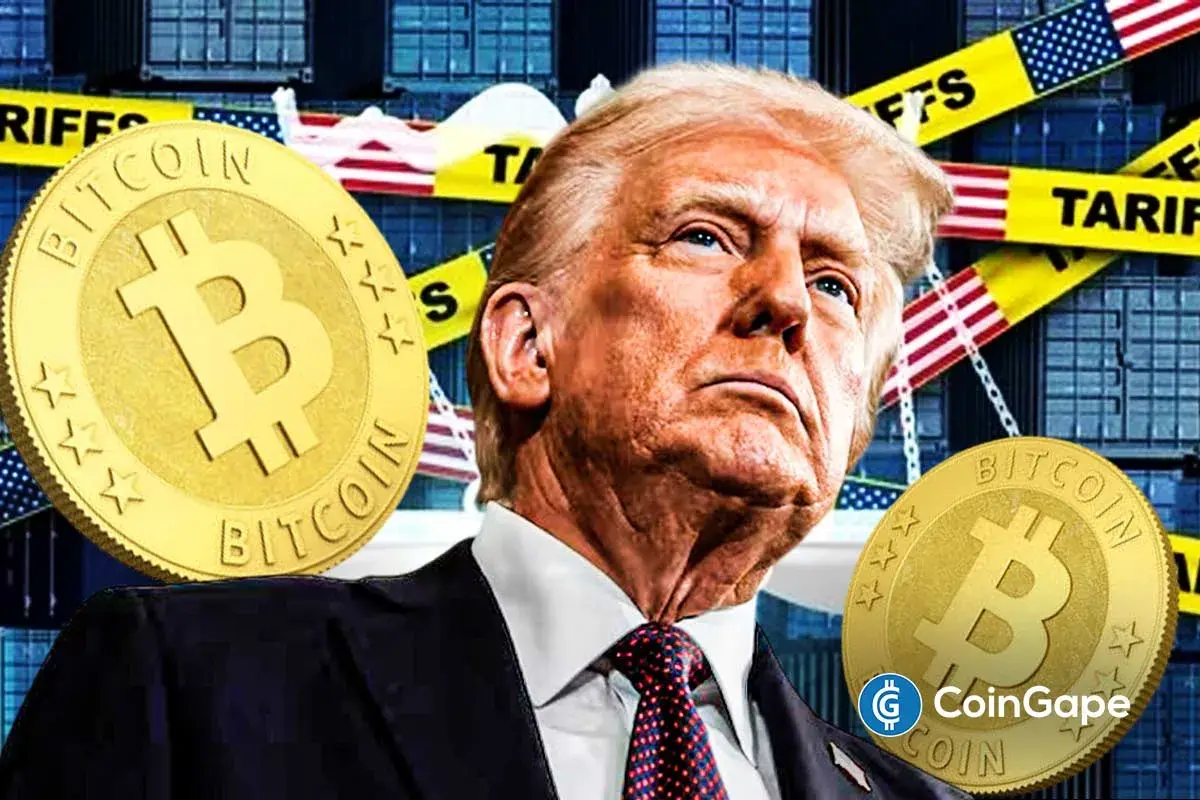After U.S. Congress’s Injuries, Libra Sets To Face A Greater Threat

The Japanese minister of Finance, Taro Aso appealed to other G-7 finance ministers to take necessary assessments of Facebook’s cryptocurrency project, Libra.
Looking Beyond Existing Regulations
He urged them suggesting that Finance ministries of these regions access the project beyond existing financial regulations for any potential challenges that present regulations might overlook.
According to Aso,
“Applying existing regulations alone may not be enough. A comprehensive examination is needed to see if Libra poses new challenges that existing rules do not take into account,”
Libra Had A Rough Entry
Lines are not falling in pleasant places for Facebook’s Libra since it came to the ears of the mainstream media. On Tuesday, the social media giant attended a Senate hearing session in a bid to subject the cryptocurrency project to regulatory measures.
Libra failed to prove its use cases to the U.S. Congress and was completely ruled out as a typical cryptocurrency, with few congresspersons even insinuating that Libra’s idea was a replica set to deter the original bitcoin innovation.
Libra To Answer To Everyone!
As many financial agencies around the world and legislative bodies demanded Libra’s attention to regulatory practices, many have come to believe that Facebook’s cryptocurrency project, Libra would make a big threat to large banks and other financial institutions.
When Libra made a show of disrupting the present financial systems and policies, Banks and governments saw reasons to stop Facebook from laughing Libra to its 2.6 billion users globally by subjecting its launching and operations to countries regulations that favor its coexistence with existing financial systems and their players.
According to a senior Japanese finance ministry official,
“Most G-7 members saw Libra as posing a serious problem from the perspective of consumer data protection and the impact on monetary policy, ”
Libra, What Exactly Is It?
Recently, it became more glaring that Facebook’s kind of cryptocurrency was not a totally decentralized version. Transactions would be confirmed and monitored by a group of partners and substantial user data would be given out to the Libra association. In view of this, governments believe that such operations deserve the watchful eyes of regulations and government policies.
This made it particularly difficult for Facebook to proceed with Libra plans regardless of regulatory scrutiny. After Libra failing before the U.S. Congress, the next G-7 scrutiny will definitely present more difficulties to Libra’s developments.
Play 10,000+ Casino Games at BC Game with Ease
- Instant Deposits And Withdrawals
- Crypto Casino And Sports Betting
- Exclusive Bonuses And Rewards

- Crypto Market Bill Hits New Deadlock as Banks Reject White House Deal
- Why Experts Are Warning Bitcoin Rally Could Be A “Dead Cat Bounce”
- BTC and Gold Price Bounce as Trump Admin Brokers US-Venezuela 1000 Kg Gold Deal
- SEC Advances Major Crypto Securities Plan to White House for Approval
- Peter Brandt Flips Bullish, Predicts Bitcoin Rally As Price Holds Above $70k
- XRP Price As Bitcoin Reclaims $74K- Is $5 Next?
- Dogecoin Price Outlook as BTC Recovers Above $73,000
- XRP Price Prediction as Iran-U.S. Peace Talks Trigger a Crypto Rally
- COIN Stock Analysis as Bitcoin Retests $72k Ahead of February NFP Data
- Robinhood Stock Price Prediction As Cathie Wood Buys $12M Dip in Bold ARK Move
- Bitcoin Price At Risk? Professor Who Predicted US-Iran War Says America Could Lose

 Buy $GGs
Buy $GGs

















